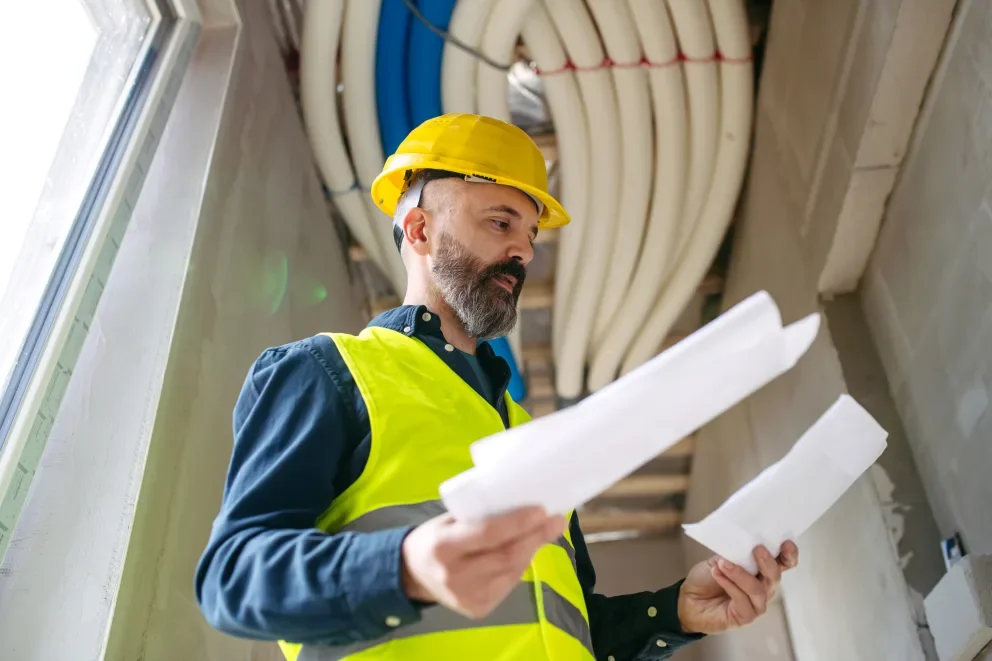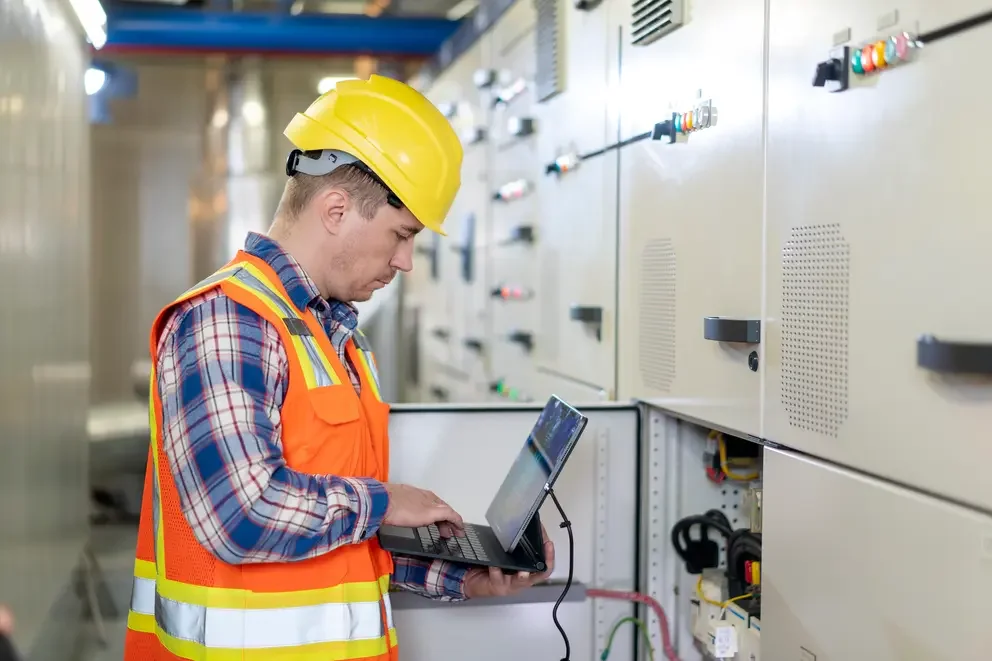HVAC service programs are preventative maintenance plans that provide regular inspection and servicing of heating, cooling, and ventilation (HVAC) systems in residential, commercial, and industrial buildings. These programs are designed to ensure that the HVAC system is running efficiently and safely, while also reducing the risk of major breakdowns or repairs.
Most HVAC service programs involve routine inspections and servicing of the system at least once a year. During these inspections, technicians check for worn out parts, leaks, and other potential problems. If there are any issues, they can be addressed before they become costly problems.
A good HVAC service program will also include regular filter changes and other maintenance tasks. This helps to keep the system working efficiently and prevent any dust or other airborne particles from entering the system, reducing the risk of air contamination.
In addition to providing routine inspections and maintenance, the HVAC service program can also offer energy efficiency upgrades. This can involve installing more efficient equipment, making changes to the system’s settings, or adding insulation and air sealing to reduce energy consumption.
Finally, HVAC service programs also provide clients with access to emergency services in the event of a system breakdown. This ensures that any issues can be addressed quickly, avoiding any costly and inconvenient repairs or replacements.
In short, HVAC service programs are designed to ensure that the system is functioning properly and efficiently, while also reducing the risk of major repairs or replacements. This can help to save time and money in the long run.
What are the common core capabilities of HVAC Service Programs?
HVAC service programs usually offer a wide range of core capabilities to ensure that the system is running efficiently and safely. Common core capabilities of these programs include:
1. Routine inspection and servicing of the system: This involves regular inspections of the system to check for worn out parts, leaks, and other potential problems.
2. Filter changes and other maintenance tasks: This helps to keep the system running efficiently and prevent any dust or other airborne particles from entering the system, reducing the risk of air contamination.
3. Energy efficiency upgrades: This can involve installing more efficient equipment, making changes to the system’s settings, or adding insulation and air sealing to reduce energy consumption.
4. Emergency services: In the event of a system breakdown, HVAC service programs can provide clients with access to emergency services to address any issues quickly and avoid costly repairs or replacements.
5. Warranty protection: Many HVAC service programs also offer warranty protection for the system, helping to cover any unexpected or costly repairs.
These core capabilities help to ensure that the system is functioning properly and efficiently and reduce the risk of major repairs or replacements. This can help to save time and money in the long run.
What are the benefits of implementing the use of HVAC Service Programs?
The benefits of implementing the use of HVAC service programs are numerous. Firstly, these programs help to ensure that the system is running efficiently and safely, reducing the risk of major breakdowns or repairs. Secondly, they can help to reduce energy consumption through energy efficiency upgrades, saving money on electricity bills in the long run.
Thirdly, the routine inspections and maintenance offered by HVAC service programs can help to extend the life of the system, allowing clients to get more value out of their investment. Fourthly, these programs provide access to emergency services in case of breakdowns, ensuring that any issues can be addressed quickly and avoiding any costly and inconvenient repairs or replacements.
Finally, many HVAC service programs also offer warranty protection. This helps to cover any unexpected or costly repairs, providing clients with peace of mind when it comes to their HVAC system.
In conclusion, the use of HVAC service programs offers numerous benefits. They can help to ensure that the system is running efficiently and safely, while also reducing energy consumption and providing access to emergency services. Furthermore, they offer warranty protection, allowing clients to get more value out of their investments.
What types of HVAC systems are covered by HVAC service programs?
Most HVAC service programs cover a wide range of systems, such as residential central air conditioning and heating systems, ductless mini-split systems, and commercial rooftop units. Some services may even cover other types of equipment, such as boilers and water heaters. It is important to check with the particular service provider to see what types of systems they cover before signing up for the program.
What kind of inspections and maintenance tasks are typically included in these programs?
The inspections and maintenance tasks typically included in HVAC service programs vary, depending on the type of system being serviced. Common services include visual inspections of all parts to check for wear and damage, filter changes, testing of system components such as motors and compressors, lubrication of moving parts, tightening of loose connections, checking for refrigerant leaks, and cleaning coils. These services can help to ensure that the system is running efficiently and safely.
In addition to these tasks, many HVAC service programs also offer energy efficiency upgrades such as installing more efficient equipment or insulation/air sealing products. These upgrades can help to reduce energy consumption while improving the overall performance of the system.
Are there any additional services offered by HVAC service programs?
Yes, many HVAC service programs also offer additional services such as emergency repair services. This can help to address any unexpected issues quickly and avoid costly repairs or replacements. Other services may include indoor air quality testing and system performance analysis, which can help to identify any areas of improvement and ensure that the system is running at peak efficiency. Again, it is important to check with the particular service provider for details on what types of additional services they offer.
How do HVAC service programs help to reduce energy consumption?
HVAC service programs can help to reduce energy consumption in several ways. Firstly, the routine inspections and maintenance offered by these services can help to ensure that the system is running efficiently and safely, reducing the amount of energy needed for operation. Secondly, many HVAC service programs also offer energy efficiency upgrades such as installing more efficient equipment or insulation/air sealing products. These upgrades can further reduce energy usage, resulting in lower electricity bills. Finally, some programs may include additional services such as indoor air quality testing and system performance analysis which can also identify areas where further improvements can be made to reduce energy consumption.
What kind of warranty protection is offered by HVAC service programs?
Most HVAC service programs offer some form of warranty protection, typically covering either parts or labour costs. This can allow clients to get more value out of their investments, as it means that any repairs or replacements needed will be covered by the service provider. It is important to check with the particular service provider for a full list of what is covered and excluded from the warranty before signing up for the program.



